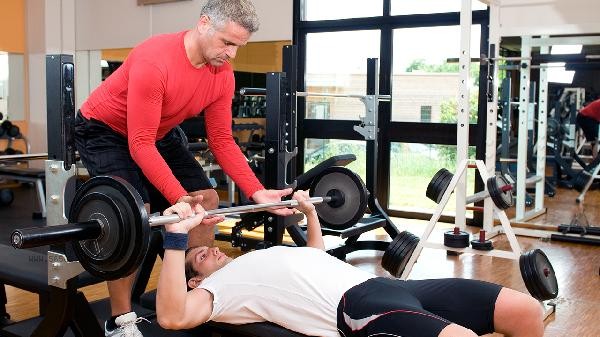The nutrients that need to be supplemented vary with different fitness needs. Common supplements include protein powder, creatine, branched chain amino acids, vitamin D, and fish oil.

1. Protein Powder
Protein powder is an efficient way to supplement high-quality protein, especially suitable for muscle repair after strength training. Whey protein has a fast absorption rate and is suitable for supplementation within half an hour of training; Casein has slow digestion and is suitable for use before bedtime. Vegetarians can choose soy protein or pea protein. Attention should be paid to individuals with abnormal kidney function to control their intake and avoid exacerbating metabolic burden.
2. Creatine
Creatine can quickly provide energy to muscles and improve high-intensity training performance. Creatine monohydrate is the most cost-effective form, which can increase muscle water storage and explosive power. The initial use may result in temporary weight gain, which gradually stabilizes after continuous supplementation. Patients with cardiovascular and cerebrovascular diseases should consult
before use. Branched chain amino acids
include leucine, isoleucine, and valine, which can reduce muscle breakdown after exercise. Especially suitable for fasting training or during a low-carbon diet, it can relieve muscle soreness. However, excessive intake may interfere with tryptophan absorption and affect serotonin levels.

4. Vitamin D
Vitamin D deficiency can affect muscle function and calcium absorption, which indoor trainers need to pay more attention to. Choosing the D3 form has a higher bioavailability and can increase absorption when taken with high-fat foods. Regularly monitor blood calcium levels to avoid excessive supplementation leading to abnormal calcification.
Five, Fish Oil
Omega-3 fatty acids in fish oil have anti-inflammatory effects and can alleviate joint discomfort after training. Choosing high-purity products can reduce the risk of heavy metal residue. Patients with coagulation dysfunction should use it with caution and discontinue use before surgery. The use of exercise supplements should be combined with individual training intensity and dietary foundation, and natural foods should be the main source of nutrition. During the period of muscle gain, emphasis can be placed on protein supplementation, while during the period of fat loss, attention should be paid to the balance of vitamins and minerals. It is recommended to conduct a nutritional assessment before using all supplements, and those with abnormal liver and kidney function should seek guidance from a doctor. Timely supplement carbohydrates and electrolytes after training to maintain sufficient water intake. Regularly adjust the supplement plan to avoid long-term dependence on a single nutrient.







Comments (0)
Leave a Comment
No comments yet
Be the first to share your thoughts!